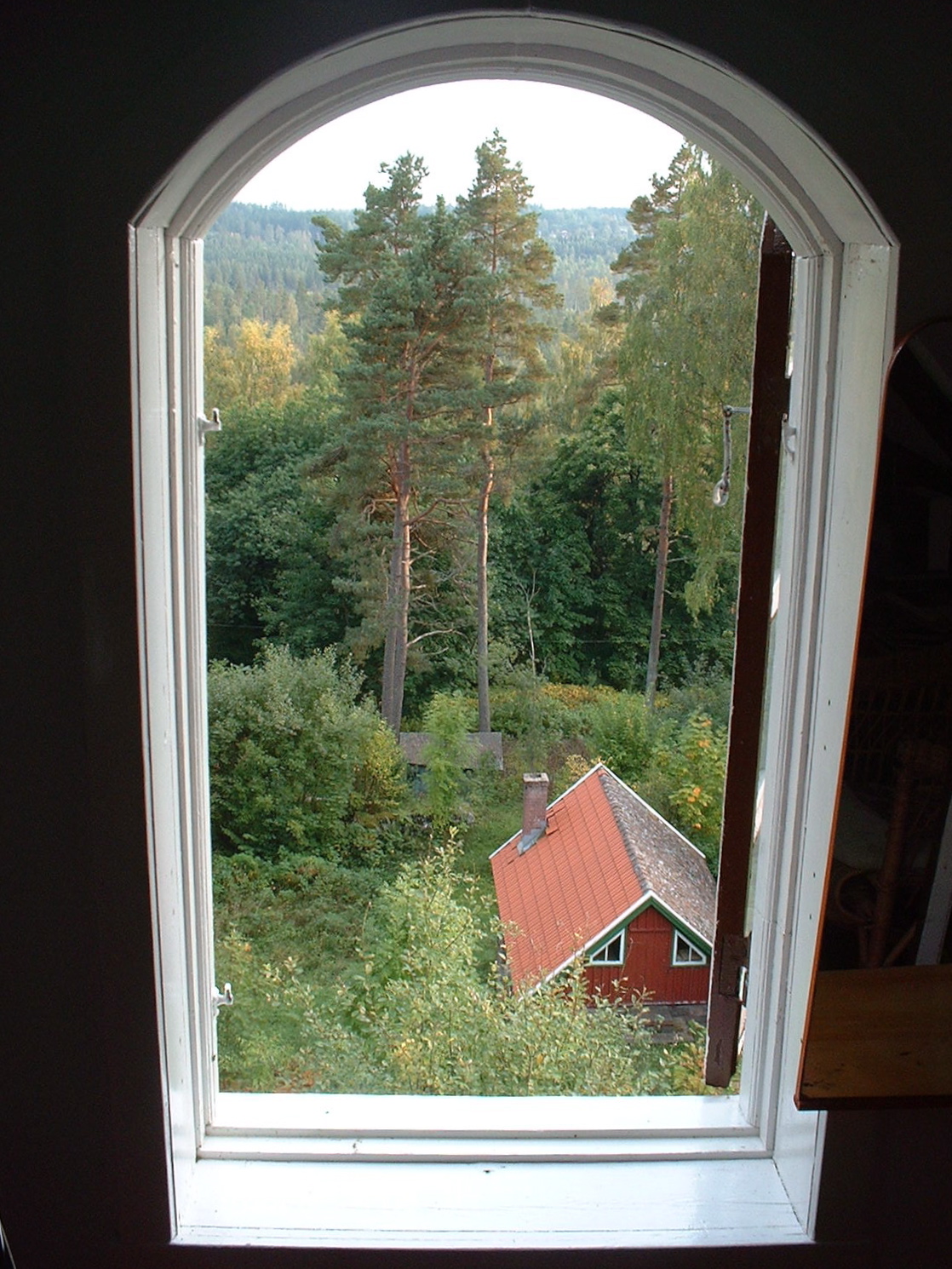
Concepts and Proto-Concepts in Cognitive Science (part 2)
11/12/13 • -1 min

As explained in the previous post, in August of 2010 I gave two lectures as part of the annual Summer School of the Swedish Graduate School in Cognitive Science (SweCog; see http://www.swecog.se/summerschool.shtml). The previous post contains the first of these lectures; this is part two. Near the end I showed a movie as a kind of dynamical specification of the non-conceptual content of visual experience modeled by the SEER-3 robot. This movie is not included in the PodSlide file; those interested in seeing it should download the supplementary file: "Non-conceptual content specification demo".
Media:

As explained in the previous post, in August of 2010 I gave two lectures as part of the annual Summer School of the Swedish Graduate School in Cognitive Science (SweCog; see http://www.swecog.se/summerschool.shtml). The previous post contains the first of these lectures; this is part two. Near the end I showed a movie as a kind of dynamical specification of the non-conceptual content of visual experience modeled by the SEER-3 robot. This movie is not included in the PodSlide file; those interested in seeing it should download the supplementary file: "Non-conceptual content specification demo".
Media:
Previous Episode

Concepts and Proto-Concepts in Cognitive Science (part 1)

In August of 2010 I gave two lectures as part of the annual Summer School of the Swedish Graduate School in Cognitive Science (SweCog; see http://www.swecog.se/summerschool.shtml). I was invited to speak on the topic "Cognition (or Consciousness) and Non-Conceptual Content", so I devoted the first lecture to getting clear on the nature of concepts. This allowed me to contrast conceptual content (which is, briefly: content that is articulable, recombinable, rational and deployable) with non-conceptual content, which was detailed in the second lecture (to follow).
Media:
Next Episode

Epistemic blindspot sets: A resolution of Sorensen's strengthened paradox of the surprise examination

I am not officially a member of the Department of Philosophy at Sussex (I'm in the Department of Informatics and am the Director of COGS), so the fact that I was invited to speak at the Philosophy Department's Away Day on June 13th is evidence of the fact that the "HUMS Philosophers" and "COGS Philosophers" at Sussex maintain a good working relationship. I didn't want to talk on a very COGSy topic, so I chose to speak on what I take to be a solution to a paradox that Sorensen formulated in 1986. Sorensen presented it as a strengthened version of the paradox of the surprise examination, and claimed that neither his solution, nor any other purported solution to the usual version of that paradox, solves the strengthened version. The strengthened version is a generalisation of Kavka's toxin puzzle to multiple instances of the cycle of offer-intention-consumption of the toxin. My solution is to take Sorensen's notion of an epistemic blindspot and generalise it to the case of an epistemic blindspot set. I then show that the premises and conclusion of the reasoning of the subject of Sorensen's paradox form an epistemic blindspot set, which implies that that reasoning is not epistemically consistent, and therefore cannot confer knowledge, thus resolving the paradox.
Unfortunately, the audio recording levels were too high, so there is a lot of distortion; you may find this to be too irritating for the podcast to be listenable. Also, instead of a PowerPoint file of slides, there is a two-page PDF handout.
References:
- R. A. Sorensen, A strengthened prediction paradox, Philosophical Quarterly 36 (1986), 504-513.
- R. A. Sorensen, Conditional blindspots and the knowledge squeeze: a solution to the prediction paradox, Australasian J. Phil. 62 (1984), 126-135.
Media:
If you like this episode you’ll love
Episode Comments
Generate a badge
Get a badge for your website that links back to this episode
<a href="https://goodpods.com/podcasts/e-139526/concepts-and-proto-concepts-in-cognitive-science-part-2-6809164"> <img src="https://storage.googleapis.com/goodpods-images-bucket/badges/generic-badge-1.svg" alt="listen to concepts and proto-concepts in cognitive science (part 2) on goodpods" style="width: 225px" /> </a>
Copy




